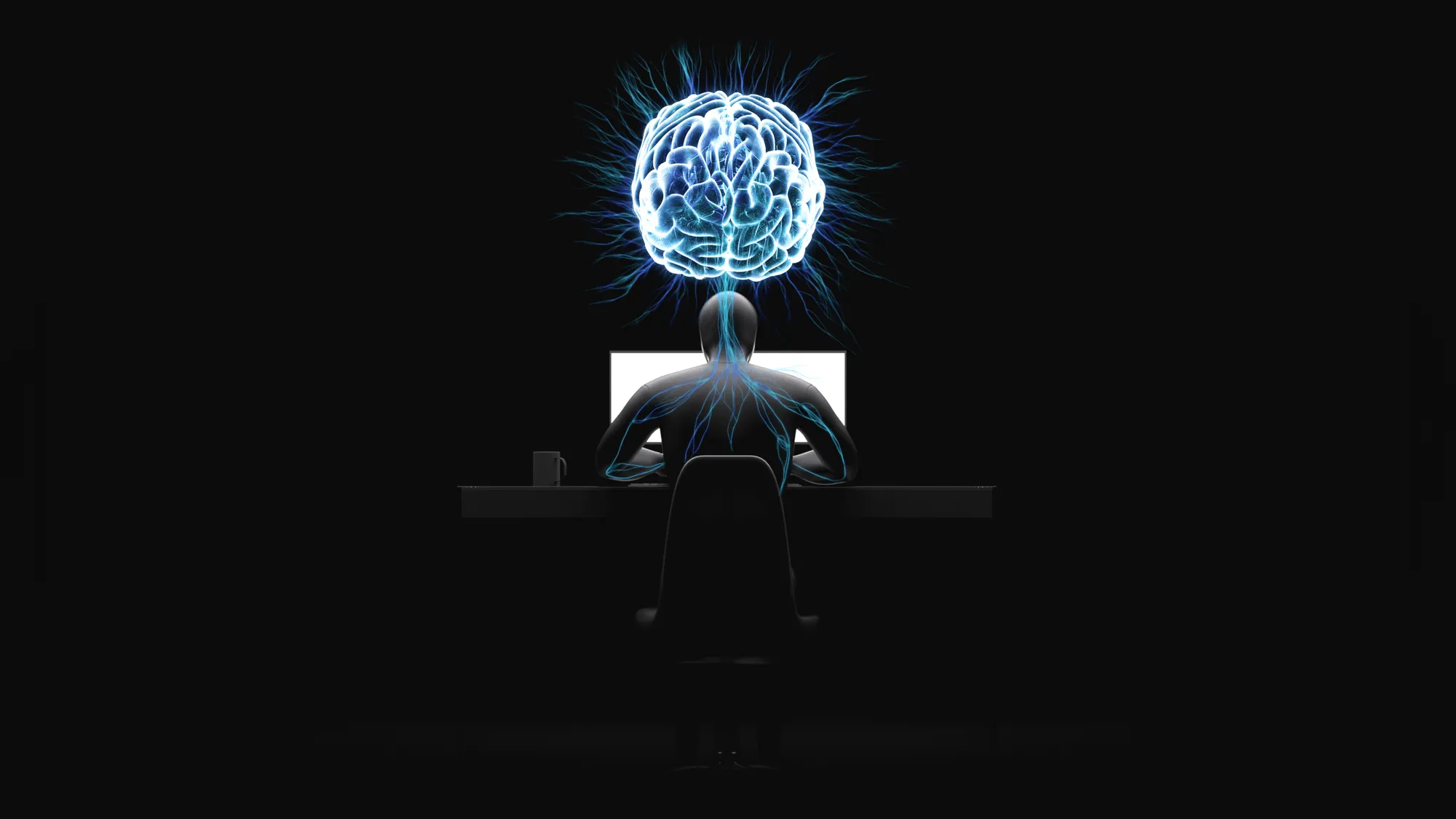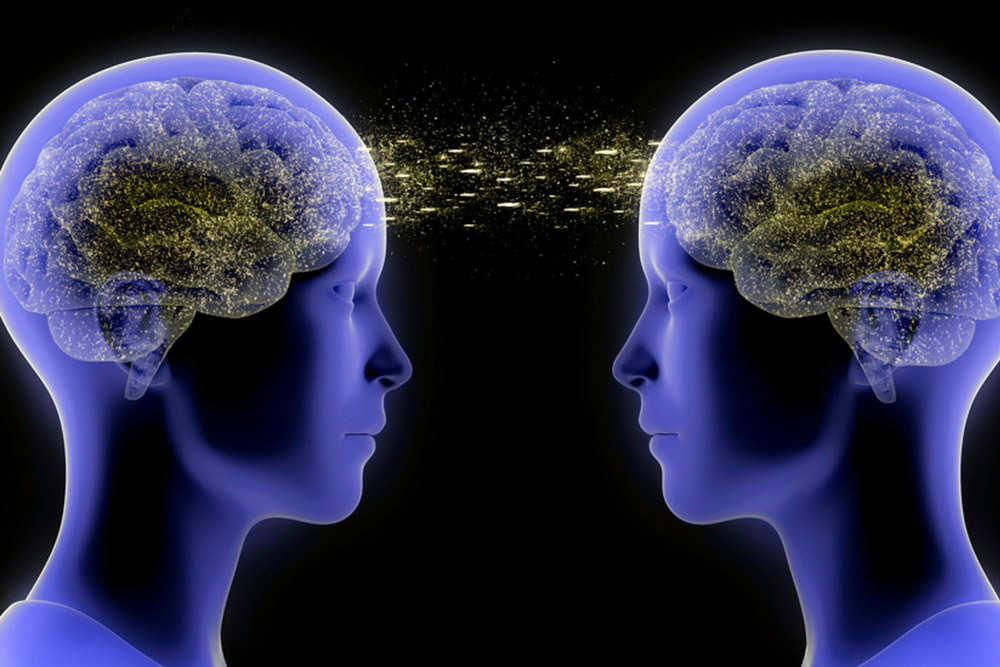
Emotional Intelligence is a phrase we hear all the time.
But what actually is it?
According to Daniel Goleman, psychologist, science journalist, and author of Emotional Intelligence and Altered Traits...
"Emotional intelligence is the ability to identify, assess and control one's own emotions, the emotion of others, and that of groups."
Goleman’s conceptualization of emotional intelligence includes four core components.
The more you dial these up, the better equipped you’re going to be at navigating life to produce peak performance.
1—Self Awareness:
This is the ability to recognize and understand your moods, emotions, and drives, as well as their effect on others.
"Externalization" is a helpful way to amp up self-awareness.
Externalization is simply the process of transforming our thoughts into some sort of external form.
Often, we respond better to stimuli in our environment than our own internal thoughts.
Good ways to externalize?
Journaling, and wait for it… coaching!
2—Self Management/Regulation:
The ability to control or redirect disruptive impulses and moods, and the propensity to suspend judgment.
Simply put, this is the ability to think before acting (often seen as an operational definition of wisdom).
A good way to turn up the notch on this is by practicing mindfulness.
The longer you can extend the gap between an emotional, amygdala-driven impulse, and a well-thought-out, prefrontal cortex-heavy decision, the better!
3—Empathy:
The ability to understand the emotional makeup of other people and the skill in treating people according to their emotional reactions.
Time spent in flow can expand empathy as the "self/other" divide can begin to soften.
In fact, University of North Carolina psychologist and author of Group Genius, Keith Sawyer identified 10 group flow triggers when researching group flow.
One of these triggers is "blending egos."
This is where each person submerges their egoic needs into the group's needs for a period of time — usually while in a group flow state.
This same sense of "ego dissolution" can happen in conversation.
When you drop into the flow of a conversation, you can get past your ego and better empathize with others.
4—Social Skill:
This is where we bring empathy, self-awareness, and self-management together. It’s how we practice emotional intelligence.
A good general tip for social skills is to "listen to understand, rather than to respond."
Of course, this is even more imperative if you plan on being a leader of any kind.
Take a moment now to reflect on these four elements of EQ and ask yourself where you need the most work.
Then plan some steps to turn up the dial.



.jpeg)





